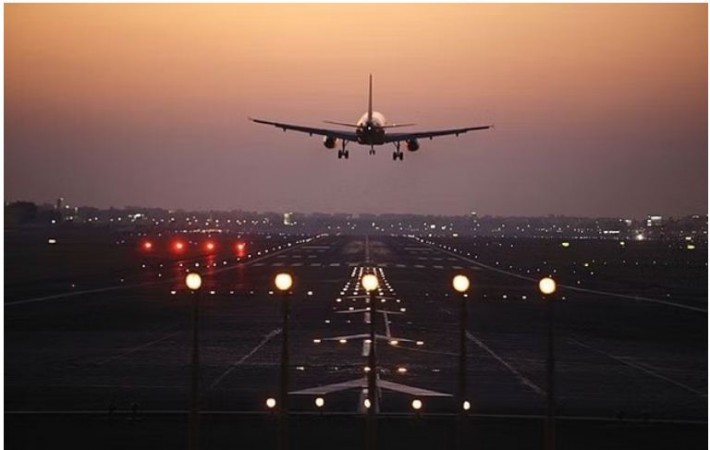
The Adani Group is eyeing a bid to acquire the Airports Authority of India (AAI) stake in Mumbai International Airport, according to a report by Mint newspaper. Karan Adani, managing director of Adani Ports and Special Economic Zone (APSEZ), revealed the group's interest. However, they are not inclined to take over AAI's share in airports like Delhi, Bengaluru, and Hyderabad.
The group also plans to bid for airports that may be up for auction by the government.
Adani's strategy revolves around gaining a controlling stake in Mumbai International Airport, indicating their focus solely on Mumbai. They currently hold a majority stake in Mumbai International Airport Ltd., the operator of Mumbai airport.
The Adani Group has been actively participating in airport bidding lately. Their decision to target AAI's stake specifically in Mumbai International Airport could potentially impact government revenues from these ventures.
AAI holds a 26% stake in joint ventures managing Delhi and Mumbai airports and owns 13% each in joint ventures managing Hyderabad and Bangalore airports. Among these, GMR Group is the largest shareholder in Delhi and Hyderabad airports, while Fairfax leads the company managing Bangalore airport.
Besides Mumbai, the Adani Group operates airports in Ahmedabad, Lucknow, Mangaluru, Jaipur, Guwahati, and Thiruvananthapuram. Apart from Mumbai, acquired from GVK Group in 2021, the group secured rights to upgrade and operate the other six airports between 2020 and 2021 for 50 years.
As per the National Monetisation Pipeline (NMP) announced in August 2021, the government plans to privatize 25 AAI airports and sell AAI's stake in companies managing Delhi, Mumbai, Hyderabad, and Bangalore airports. Adani Group aims to bid for these airports when available.
Karan Adani previously mentioned plans to invest Rs.60,000 crore in the airport business over the next decade, excluding the Rs.18,000 crore already invested in Navi Mumbai airport's first phase construction.
The proposed investment covers various airport infrastructure aspects, including runways, terminals, and city-side infrastructure like hotels and shopping malls. Internal accruals will fund this investment, according to Karan Adani.
Anticipating significant changes in air travel, Adani envisions these airports as future international hubs with exponential growth in international travel. Plans include enhancing domestic connectivity in collaboration with airlines.
The Adani Group aims to list its airport business once profitable. Currently operating six airports, including Mumbai, the group plans to accommodate 250 to 300 million passengers by 2040, up from 73 million passengers across seven operational airports.
Highlighting industry growth potential, Adani Airport Holdings CEO Arun Bansal noted the low percentage of Indians flying compared to the population. Fleet orders indicate a significant increase in the Indian civil aviation fleet, projected to reach 3,000 planes by 2030.
Adani Group's airport vertical has attracted investor interest, representing its consumer-oriented business. Revenue from airports surged by 35% year-on-year to Rs.5,748.7 crore in the first nine months of FY24, with EBITDA rising by 27% to Rs.1,774 crore.
The Adani Group's strategic investments and ambitious plans underscore its vision to contribute significantly to India's aviation sector growth and position itself as a key player in airport infrastructure development.